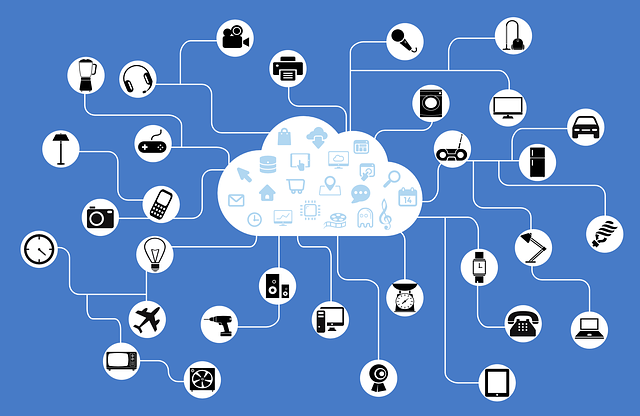|
Charles Bell, guest writer Earlier this year when reports were coming out of CES 2015, Forbes wrote about Apple's emergence as an IoT competitor. For those who may not be as familiar with the term just yet, the IoT refers to the so-called "Internet of Things," which is essentially the automatic connectivity of different devices for the sake of safety, security, convenience, and/or efficiency. The simplest example of this implementation that the average tech user is increasingly familiar with is fitness tracking, whereby a smart watch or phone can automatically track your exercise data and plug it into a computer program that helps you to analyze your fitness. But the IoT's potential goes much further than personal fitness tracking, and now stretches across a range of industries. Just how far into the whole concept Apple will get remains to be seen, but the aforementioned Forbes article was referring mostly to the in-home IoT, where Google and Apple are laying the foundation for a fierce competition. In-home IoT can mean anything from a smart thermostat to control over home security, and Apple appears to be involved with all of it. Devices for controlling locks and garage doors, maintaining data on home energy, and other uses were all visible at CES 2015, and all compatible with Apple and iOS. Somewhat shockingly, several months after CES a poll in Fortune revealed that 48% of responders identified Apple most closely with the IoT (over Samsung, Amazon, and Google, in that order). The same study found that despite those numbers, "consumers lack a clear understanding of IoT devices currently available and the benefits provided by each." In other words, people associate Apple automatically with a concept they view as cutting edge—most likely because of Apple's general reputation. There doesn't even need to be a clear understanding of products for a consumer to assume Apple is leading the way. This begs the question of just where Apple has the capacity to go with its IoT projects. The company has a leg up in personal health and fitness tracking, and they're making progress in the in-home product market as well. One thing that could conceivably be around the corner is expanding their IoT reach into transportation, should rumors of an Apple Car prove true. Thus far, the only real model for transportation-based IoT integration is on an industry level, where companies use wireless connectivity to track and manage entire fleets of vehicles. Networkfleet's system measures vehicle diagnostics, and it also implements GPS tracking of vehicles and automatic, cost-free roadside assistance, and the benefits are easy to understand for an entire company. Shipping routes are made more efficient, drivers are safer, and vehicle repair costs are lowered. But a similar model can also be beneficial for individual drivers. IoT in transportation can mean automatic GPS routing, vehicle maintenance tracking and alerts, and the same automatic roadside assistance. Essentially, your car can manage itself, and it's difficult to imagine a hypothetical Apple Car not implementing these features. This is just one example of where else Apple could go if it does manage to seize control of the consumer-facing IoT market. In all likelihood, we'll see Apple continue to explore this market (even if it's through other companies, as we saw at CES) in the coming years. However, it's also worth mentioning that co-founder Steve Wozniak has been somewhat hesitant to dive in fully on the IoT trend. Wozniak suggested there may be an IoT bubble because "there is a pace at which human beings can change the way they do things." That's probably a fair outlook, though one also has to consider that the IoT is less about humans doing new things and more about humans doing less.
0 Comments
Leave a Reply. |
Timothy Brown
Host of My Apple Podcast. Categories
All
|

 RSS Feed
RSS Feed